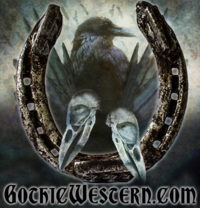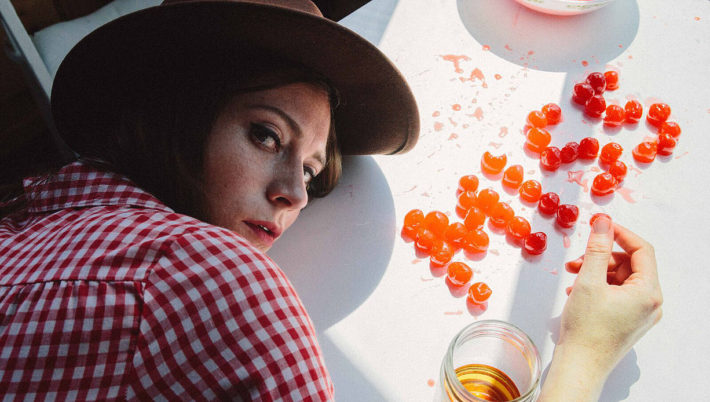Looking to capture the apple pie-eyed idealism of traditional Americana music, The Little Miss can be most accurately described as a romantic, twenty-first century take on a seemingly simpler time. With roots in jazz, blues and folk music, the sound of The Little Miss ranges from the gritty guitar riffs of the old west to one-take, twangy samplings straight from the plains. Influences include Woody Guthrie’s simplicity, Frank Sinatra’s theatrical nature, Cole Porter’s wit, Billie Holiday’s pain, and Bob Dylan’s right foot.
 With one foot in the modern era and the other rooted in the nostalgia of decades past, The Little Miss can be most accurately described as a romantic, twenty-first century take on a seemingly simpler time. With roots in jazz, blues and folk music, the sound of The Little Miss ranges from the gritty guitar riffs of the old west to one-take, twangy samplings straight from the plains.
With one foot in the modern era and the other rooted in the nostalgia of decades past, The Little Miss can be most accurately described as a romantic, twenty-first century take on a seemingly simpler time. With roots in jazz, blues and folk music, the sound of The Little Miss ranges from the gritty guitar riffs of the old west to one-take, twangy samplings straight from the plains.
“These grand ideas I have of the old west likely came about as a result of the books I read growing up. They did a lot to stoke my imagination. In some ways, I like to think of it as a ‘past life’ thing, because otherwise, I don’t have that good of an explanation for it. I didn’t discover greats such as Woody or Johnny until later in college. I grew up listening to top 40, a single Boston record I owned, and a lot of Jewel. Formative years were spent listening to a blend of radio hits and just a couple of singer-songwriters. In some ways, I have no idea where the spirit of my music came from. To this day, I still don’t listen to as much folk as you’d probably think I do. I listen to a lot of catchy, indie pop, sad singer-songwriter music and classic, old jazz. Go figure.”



